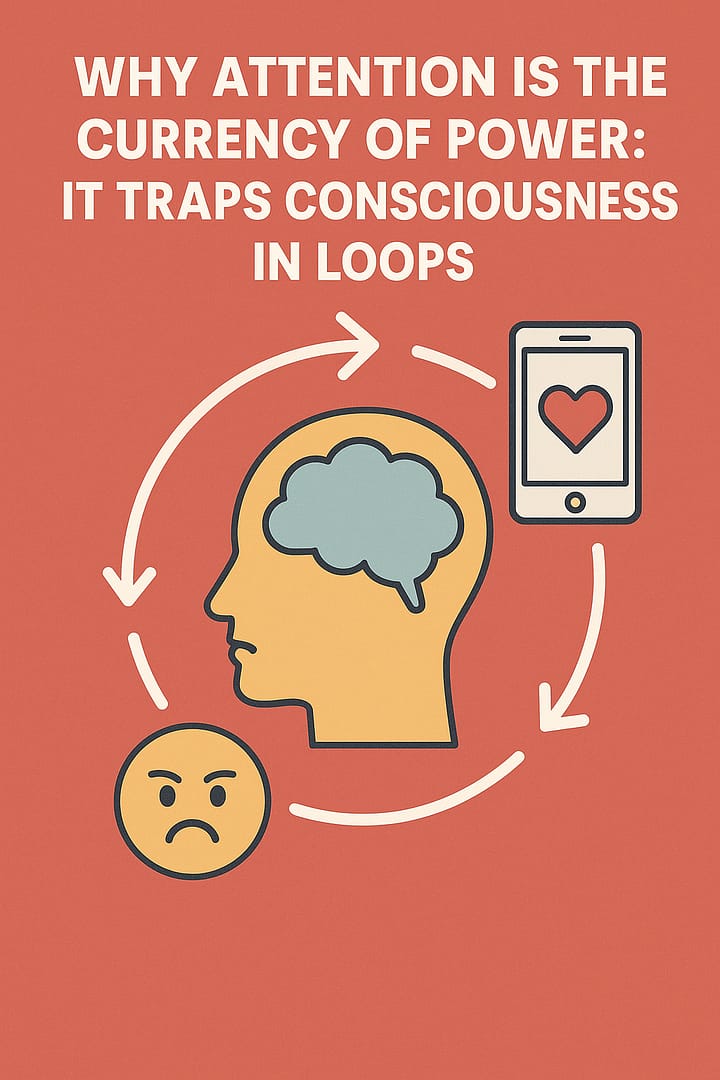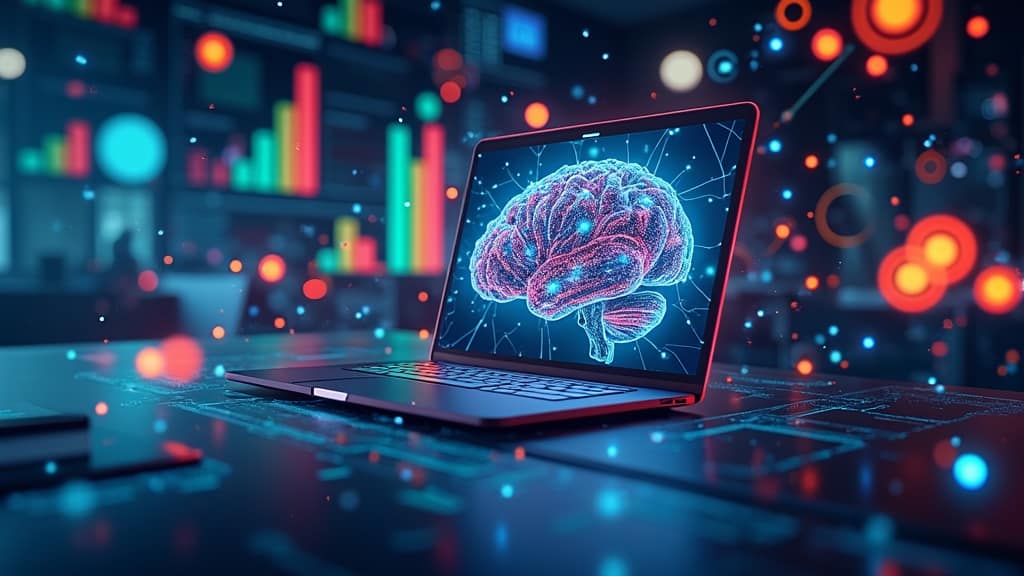AI and cultural diversity
Extended exploration regarding how anthropologists can engage with AI developers and engineers to ensure that AI technologies are designed and implemented in ways that respect and reflect cultural diversity and local knowledge systems:
How can anthropologists engage with AI developers and engineers to ensure that AI technologies are designed and implemented in ways that respect and reflect cultural diversity and local knowledge systems?
Engaging with AI developers and engineers is crucial for anthropologists to ensure that AI technologies are designed and implemented in a manner that respects and reflects cultural diversity and local knowledge systems. By collaborating and providing anthropological insights, researchers can contribute to the development of AI technologies that are more culturally sensitive, inclusive, and aligned with the needs and values of different communities. Here are several key approaches for anthropologists to engage with AI developers and engineers:
Participatory Design
Anthropologists can engage in participatory design processes with AI developers and engineers. This involves actively involving community members and stakeholders throughout the design and development stages. Anthropologists can facilitate discussions, workshops, and co-creation activities to ensure that AI technologies address local concerns, incorporate cultural perspectives, and align with community values.
Cultural Sensitivity Training
Anthropologists can provide cultural sensitivity training to AI developers and engineers. By raising awareness about cultural nuances, diverse knowledge systems, and ethical considerations, researchers can help developers understand the potential impact of their technologies on different cultural contexts. This training can foster empathy, promote respectful engagement, and encourage the inclusion of cultural diversity in AI development processes.
Ethical Guidelines and Best Practices
Anthropologists can collaborate with AI developers and engineers to develop ethical guidelines and best practices for AI technologies. By drawing upon anthropological expertise in ethics, cultural sensitivity, and social impact, researchers can contribute to frameworks that address issues such as data privacy, bias mitigation, informed consent, and algorithmic transparency. These guidelines can inform the responsible development and deployment of AI technologies.
Cross-Disciplinary Collaboration
Anthropologists can engage in cross-disciplinary collaborations with AI developers and engineers. By working together with experts from diverse fields, such as computer science, human-computer interaction, and data ethics, researchers can foster interdisciplinary dialogue, share insights, and develop innovative approaches to designing AI technologies that respect cultural diversity and local knowledge systems.
Field Testing and Evaluation
Anthropologists can actively participate in field testing and evaluation of AI technologies. By conducting ethnographic research in diverse cultural contexts, researchers can assess the impact, usability, and appropriateness of AI applications within specific communities. This field testing helps identify potential challenges, unintended consequences, and opportunities for improvement from a cultural perspective.
Policy Advocacy and Public Engagement
Anthropologists can engage in policy advocacy and public engagement efforts to promote the consideration of cultural diversity in AI development and deployment. Researchers can collaborate with policymakers, industry leaders, and community organizations to raise awareness about the importance of cultural sensitivity, ethical considerations, and inclusivity in AI technologies. This engagement can lead to the development of policies and practices that prioritize cultural diversity and address potential risks and biases.
By actively engaging with AI developers and engineers, anthropologists can contribute their expertise in cultural understanding, ethical frameworks, and social impact to shape the design and implementation of AI technologies. This collaboration ensures that AI respects and reflects cultural diversity, empowers local communities, and aligns with the values and knowledge systems of different cultural contexts

Thank you for questions, shares and comments!
Share your thoughts or questions in the comments below!
Source OpenAI’s GPT language models, Fleeky, MIB, & Picsart






